Academic Staff Members:
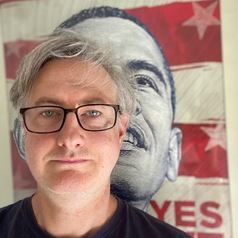
Dr Sam Hitchmough
Sam is an Associate Professor of Modern U.S. History specialising in both 20th century American Indian and African American activism. Recent and current interests include activist counter-narratives, the Red Power movement, and ideas of American authenticity. He also, maybe oddly, has an interest in Buffalo Bill’s Wild West Shows. He’s presently working on a history of the Red Power movement due out in 2023.
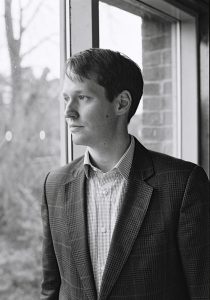
Dr Stephen Mawdsley
Stephen Mawdsley is a social historian of twentieth-century American medicine and public health. His first book, Selling Science: Polio and the Promise of Gamma Globulin (Rutgers University Press, 2016), examined the history of polio and immunization programs undertaken in the United States to control disease. More recently, he has become interested in the history of patent medicines, disability, and health activism, which is an intersection explored in his next book, The Jake Walk Blues.

Dr Lorenzo Costaguta
Lorenzo Costaguta is a Lecturer in US History at the University of Bristol. He specialises in ideas of race and class, radicalism and labour history in the United States and Europe. He is the author of Workers of All Colors Unite: Race and the Origins of American Socialism (University of Illinois Press, 2023).
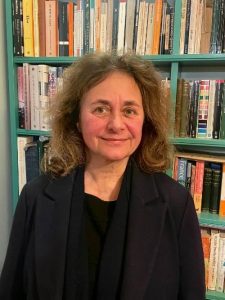
Ms Tricha Passes
Tricha took her BA(Hons) at the Courtauld Institute, University of London and won the Sotheby’s Prize for a research project on Edvard Munch and the Christiana Avant-garde. Her MA studies were undertaken in the Visual Culture Department at Bath Spa University. Her thesis examined the work of Roger Fry and Roland Penrose. Former research posts include work on ‘150 years of the Bristol School of Art’ (2003), ‘Peace Gardens of the 1980’s’ (2005) and ‘Stanley Spencer: Journey to Burghclere’, published by Prof. Paul Gough (2006) and the ‘Visual Representations of John Cabot’ for The Cabot Project, Bristol University (2013).

Dr Darius Wainwright
Darius Wainwright is a Lecturer in post-1945 American History in the Department of History at the University of Bristol. Darius’ research focuses on US-Iran relations and American public diplomacy during and after the Cold War. His PhD, an exploration of British and American cultural diplomacy in Iran in the 1950s, has just been turned into a monograph, published by Palgrave Macmillan. Darius has also written articles on US sport diplomacy and Anglo-Iranian Cold War propaganda. He is currently working on a new project, examining the 1964 New York World’s Fair’s cultural ties with the Global South. This project breaks new ground on the US’ role in the cultural Cold War, widening the scope of analysis to consider the role of New York City as an exponent of soft power.
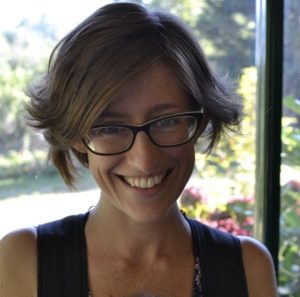
Dr Kate Guthrie
My research interests lie in the cultural, political and social history of Western art music in the twentieth century. Having published my first book, The Art of Appreciation: Music and Middlebrow Culture in Modern Britain, in 2021, I’m now beginning a new project on Leonard Bernstein and his audiences. Working with the vast and largely undocumented collection of fan mail he received during the 1960s and 1970s, I want to explore how classical music culture was embedded in an array of everyday practices – from letter-writing to autograph collecting, from school projects to television viewing. I am particularly interested in how the emotions figured within classical music discourse, and the lessons that contemporary public musicology might learn from the past.
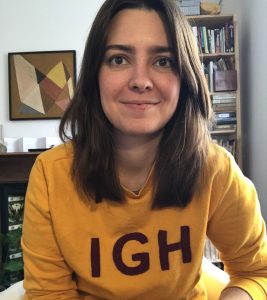
Dr Rebecca Kosick
Rebecca Kosick is a Senior Lecturer in Comparative Poetry and Poetics in the School of Modern Languages and co-director of the Bristol Poetry Institute. She works primarily on the 20th and 21st centuries, with a focus on artists and poets from the American hemisphere including Brazil, Latin America, the US and Canada. She is currently writing a monograph entitled Detroit’s Alternative Press: Dispatches from the Avant-Garage on the small-press publishing of letterpress and hand-made poetry postcards and mail art distributed from Michigan between 1969 and 1999.

Dr Karen Skinazi
Dr. Karen E. H. Skinazi, Associate Professor and the Director of Liberal Arts, is an interdisciplinary scholar of late-19th through 21st-century Jewish, multiethnic, American, and women’s literature and culture. She is the author of the monograph Women of Valor: Orthodox Jewish Troll Fighters, Crime Writers, and Rock Stars in Contemporary Literature and Culture (Rutgers University Press, 2018), which was awarded Honorable Mention for the Canadian Association for American Studies’ book prize. She also published a critical edition of the 1916 semi-fictionalized biography Marion: The Story of an Artist’s Model by Winnifred Eaton/Onoto Watanna, the first Asian North American novelist (McGill-Queen’s UP, 2012). Karen is the co-chair of the West Midlands Nisa Nashim Jewish-Muslim Women’s Network Book Group, and she is currently writing a new monograph, Chani and Fatima Join a Book Club, examining Muslim and Jewish women’s lives, literature, and activism in Britain and the US. She is also writing a novel of historical fiction, Ness, supported by the Genesis Jewish Book Emerging Writers Programme and mentored by American-British novelist Tracy Chevalier. Karen’s articles have appeared in numerous academic journals and popular venues, and she is a fiction reviewer for the California-based Jewish Journal. She did her BA in Toronto, her MA and PhD in New York, and she has taught at universities in the US, Canada, and England.

Dr Justin Williams
Justin A. Williams is Associate Professor in Music at the University of Bristol, UK. He is the author of Rhymin’ and Stealin’: Musical Borrowing in Hip- Hop (2013), editor of The Cambridge Companion to Hip- Hop (2015), and coeditor (with Katherine Williams) of The Cambridge Companion to the Singer- Songwriter (2016) and The Singer- Songwriter Handbook (2017). He has also written on crowdfunding, progressive metal, and Hamilton: An American Musical.
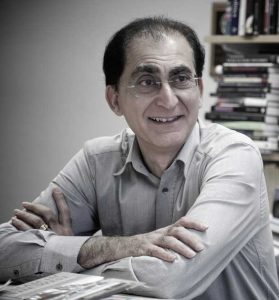
Professor Tariq Modood
Tariq Modood is Professor of Sociology, Politics and Public Policy and founding Director of the Centre for the Study of Ethnicity and Citizenship at the University of Bristol and the co-founder of the journal, Ethnicities. He has held 40+ grants and consultancies, has 35+ (co-)authored and (co-)edited books and reports and 280+ articles and chapters. He was ranked #131 in the world ( #19 in UK) in the Research.Com citations 2022 ranking for Law, Politics, Sociology and Social Policy. His work is frequently cited by policy-makers and practitioners and on several occasions has influenced policy. He was appointed a MBE by the Queen for services to social sciences and ethnic relations in 2001, made a Fellow of the Academy of Social Sciences (UK) in 2004 and elected a Fellow of the British Academy in 2017. He served on the Commission on the Future of Multi-Ethnic Britain, the National Equality Panel, and the Commission on Religion and Belief in British Public Life. His latest books include Essays on Secularism and Multiculturalism (2019), Multiculturalism: A Civic Idea (2nd ed; 2013); and as co-editor Multiculturalism and Interculturalism (2016) and The Problem of Religious Diversity: European Problems, Asian Challenges (2017). His website is tariqmodood.com He has supervised over 50 Phds and 10+ Research Associates and mentored 5 postdocs.
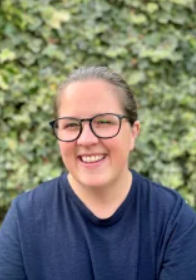
Dr Sarah L Jones
Sarah is a social and cultural historian of gender and sexuality, working on histories of Britain and America. Her doctoral work looked at sex radicalism and transatlantic free love movements, but more recently she has been working on research that explores ‘popular’ sexual science in print. Her most recent research has specifically investigated the history of popular, mass-produced sex advice literature, interrogating the relationship between debates and ideas from sexual science and early twentieth-century culture.

Dr Erin Forbes
I study African American and U.S. literature of the long 19th century, always with an eye toward the relay between racialized formations of the human and the aesthetic. I have written on literary and historical figures including Hector St. John de Crèvecoeur, Benjamin Rush, Richard Allan, Absalom Jones, David Walker, Nat Turner, Thomas De Quincey, Edgar Allan Poe, Nathaniel Hawthorne, Harriet Beecher Stowe, and Harriet Jacobs. I’ve also explored the archives of Atlantic slave trade, late eighteenth-century yellow fever epidemics, crime writing in the popular periodical press, the penitentiary, slave revolts, and the Spiritualist movement. My first book, Criminal Genius: Blackness and Agency in American Literature (2022), is forthcoming from Johns Hopkins University Press.
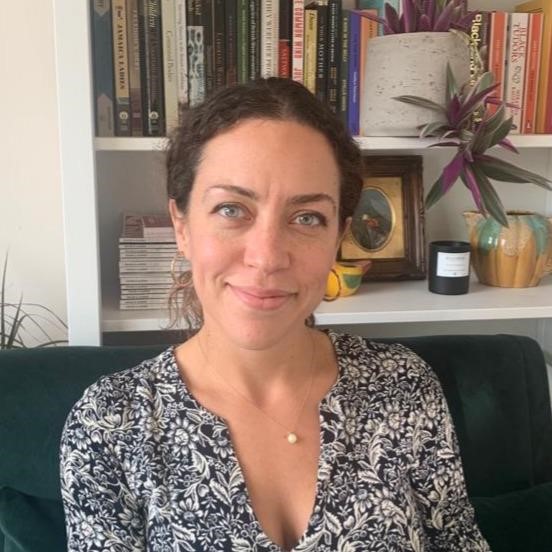
Dr Misha Ewen
Misha Ewen is a Lecturer in Early Modern History at Bristol, specialising in gender and colonization in the British Atlantic world. Her first book, The Virginia Venture: American Colonization and English Society, 1580-1660 (Penn., 2022) explored how a broad public of women and men were involved in empire-building in America and how colonization impacted upon in England. Her new research focuses on the role of women in plantation slavery in Barbados.
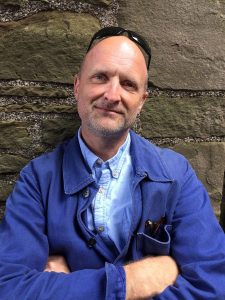
Dr Mark Jackson
Mark Jackson is an associate professor of human geography in the School of Geographical Sciences. His research and teaching interests are focused in the areas of decolonial, postcolonial, and anti-colonial geographies, social theory and philosophy, political ecology, and critical political economy. Born and raised in rural western Canada, Mark’s research has recently engaged with the ethics of relational ecologies, Indigenous law, and legacies of settler colonialism. He is an editor with the journal cultural geographies and research series editor of Routledge Research on Decoloniality and New Postcolonialisms. He leads ARK—the Anticolonial Research Kitchen—in the School and contributes to various decolonising efforts in the University and wider HE sector.
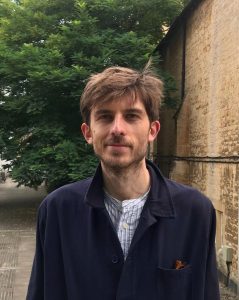
Dr Michael Kalisch
Michael Kalisch is a Leverhulme Early Career Fellow in the Department of English. He read English at Oxford and received his MPhil and PhD from Cambridge, spending a year of his doctorate at Princeton as a Procter Visiting Fellow in American History. He specialises in post-1945 U.S. literature and is the author of The Politics of Male Friendship in Contemporary American Fiction (Manchester UP, 2021).
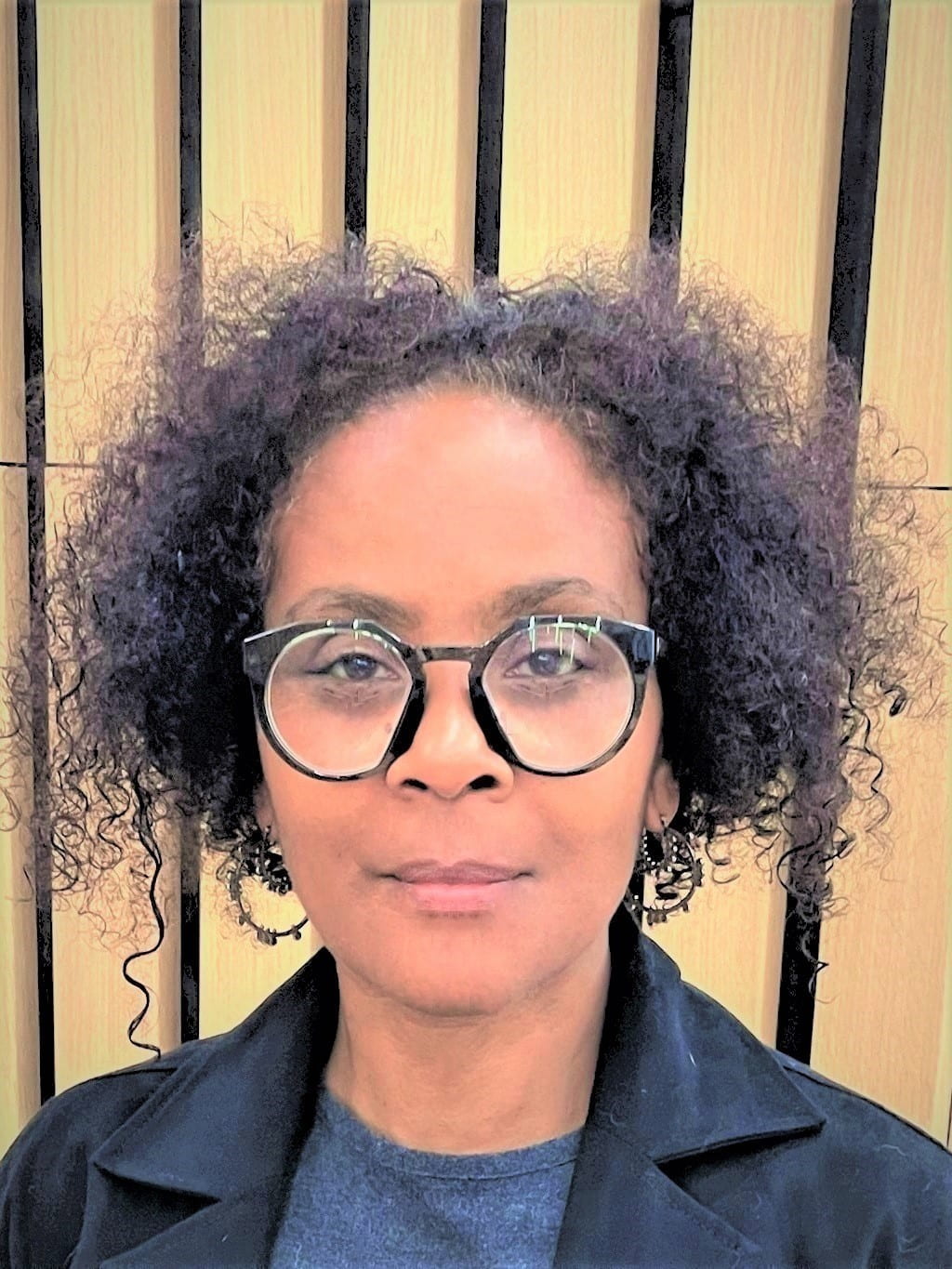
Dr Nicole Gipson
She is a French, African American historian specializing in Poverty in America in the 20th century and Black Studies and the History of Africa and its Diasporas. Her interests are in the intersectionality of race, gender, and class in Social Policy, Housing Precarity and Homelessness, transnational feminisms, and postcolonial and decolonial theory. She completed my PhD in American Studies at the University of Manchester in 2020. She was an Emerging Scholar (2021-2022) in the Global Urban History Project (GUHP) mentorship program. She is currently a Senior Research Associate in the History Department (Historical Studies) and an Associate Editor for The Journal of American Studies.
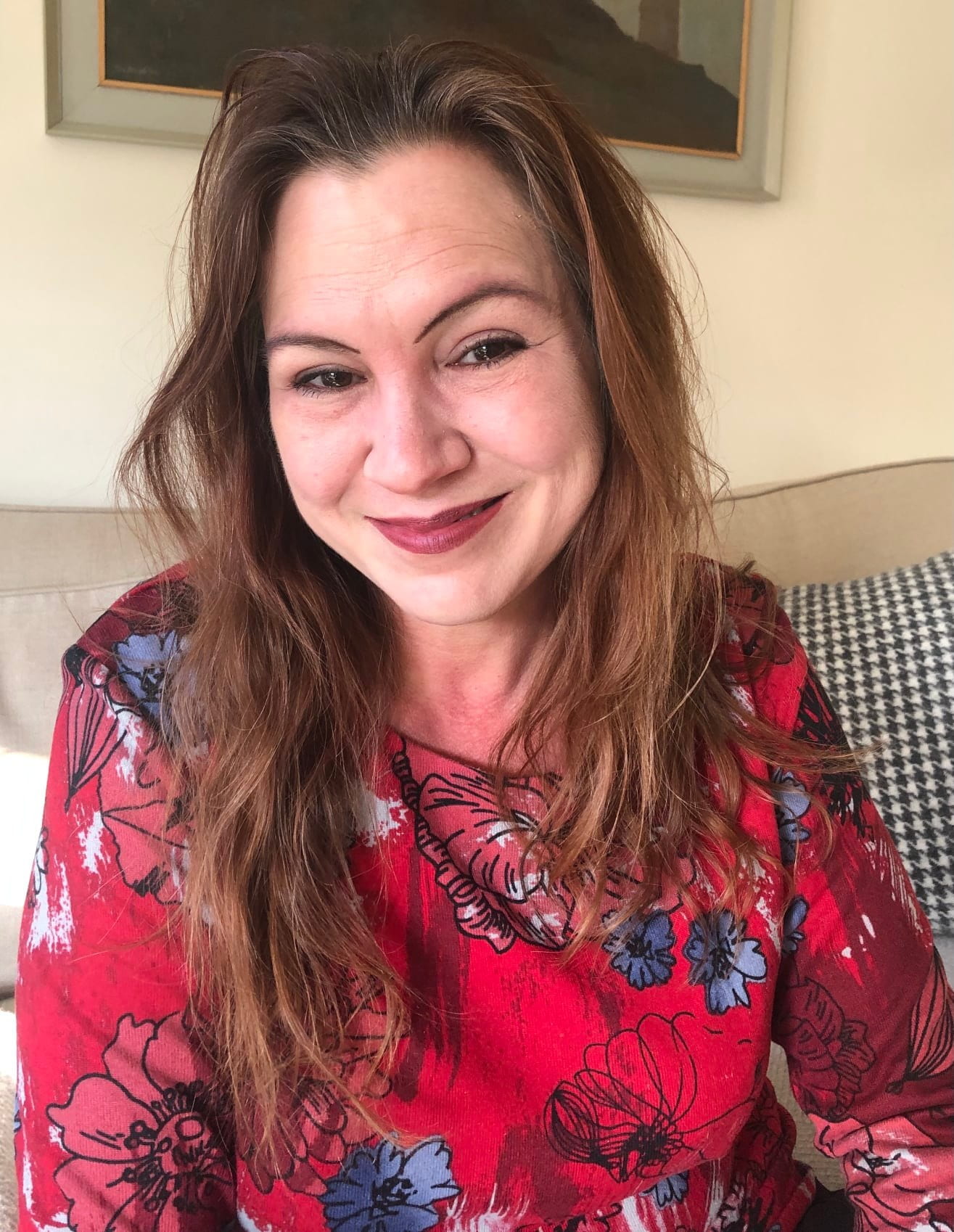
Dr Carrie Etter
Dr Carrie Etter is a widely published poet, short story writer, and critic lecturing in creative writing at the University of Bristol. She has published four collections of poetry, most recently The Weather in Normal (UK: Seren; US: Station Hill, 2018). Her research considers how poetry can articulate trauma and grief, with particular attention to open and hybrid forms.

Dr Kirsten Harris
Kirsten is a Lecturer in Liberal Arts whose broad research interests focus on the relationship between protest/activism/political agitation and cultural production/reception. Her first area of expertise is Walt Whitman and literary transatlanticism. Walt Whitman and British Socialism: ‘The Love of Comrades’ was published by Routledge in 2016 and explores the different ways that Whitman was interpreted, appropriated and put to use by British socialists at the end of the nineteenth century. More recent research focuses on utopian texts, thought and practice from different time periods.
PhD Student Members:
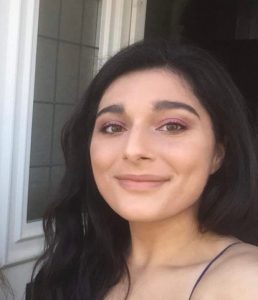
Sarah Abrahams
I started my PhD research in 2021, looking into the works of David Foster Wallace within the context of the American nineties. Since then, my work has evolved and I am currently researching American ergodic literature and digital theory from 1990 to present. I am interested in the ways in which American culture and media usage have changed both the nature of print literature and the reading practices with which we approach texts. I have previously worked within wider areas of digital and sexuality studies, with an interest in interdisciplinary research around these themes.

Jenny Hutton
I am a PhD student examining 20th century disability and American medical practice through the lens of a condition called Retrolental Fibroplasia, which caused an increase in cases of infant blindness in the 1940s and 1950s. I am interested in the shifting politics of 20th century American medicine and ideas around disablement alongside patient perspectives and lived experience of disability. I have previously worked on social histories of medicine in the UK looking into patient relationships with the medical and pharmaceutical professions.
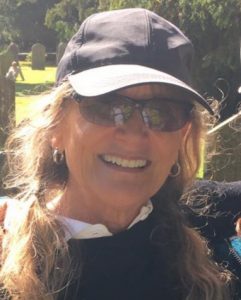
Tori Dewey-Whitcroft
I am a PhD student researching the lives of American first ladies, with a particular focus on the fourteenth first lady, Jane Appleton Pierce. Scholarly biographies of 19th century first ladies have been largely overlooked until recently and most short biographical sketches are repetitive, anecdotal or uncorroborated. I will explore Jane’s life through a biographical lens, with a focus on social, cultural and gender studies. I will examine if, and how Jane used her soft power between 1853 and 1857 to influence Pierce during his presidential administration. I also have a special interest in the Antebellum period and the way privileged white women in positions of power negotiated rapid changes in a society on the brink of Civil War.
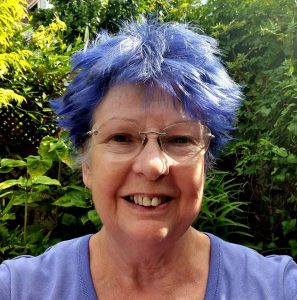
Vicky Coules
I am a PGR in the department of History of Art, researching the representation of dinosaurs in visual culture. My work focusses on mid-19th to mid-20th century America because this was the start of public fascination with dinosaurs that continues to this day. The first skeleton of a dinosaur was mounted at the Academy of Natural Sciences in Philadelphia in 1868 and although dinosaurs had been represented in Europe before then, this and subsequent key events in America changed the perception of dinosaurs, from museum displays to animation, and my research establishes dinosaurs in the political, cultural and economic context of this period in America.
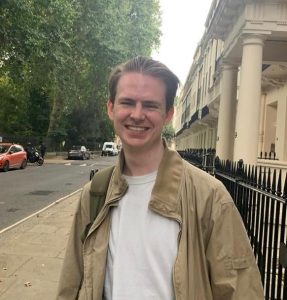
Paul Hutchinson
I am a PhD student who is looking at the intersection of histories of the environment and histories of masculinity in the context of the Dust Bowl in the 1930s. I aim to examine how gendered cultures and practices of land use both contribute to ‘natural’ disasters and then the ways in which these ideas shape how men react to environmental crises. I am particularly interested in artistic and literary representations of the land and the men who experience it across American history and especially for my project using the rich body of photographic sources surrounding the Dust Bowl.

Paula Read
I’m a PGR in the Creative Writing department. I’m using the Sunbonnet Myth of the American frontier as a lens for discussing the narrative mechanisms by which a white identity of a ‘civilizing pioneer woman’ excluded other voices while establishing and reinforcing white womanhood. I’m incorporating my own family’s long history of white settlement in North America as well as our direct involvement in reinforcing these mechanisms in pioneer historical societies and pioneer publications. The research runs parallel to writing a novel that expresses this narrative in a fictional 19th century all-female utopian community, and the modern-day activist group that attempts to save the ruins of that settlement from destruction. My work focuses on how white womanhood in America has been manifested and reiterated, how those expectations remain internalized to this day, and how they impact the way white women (in particular, white feminists and activists) are able or unable to envision outcomes that don’t centre their own priorities. I’m French-American and based in France.

Jim Hilton
I am a PGR in the department of English, researching American political poetry in the 1930s. I’m interested in how procedures originating in photojournalism and documentary filmmaking inspired poets of the period to push the technical boundaries of their art while interrogating its social purpose. As well as some canonical poems, I’ll be looking at hybrid texts like Pare Lorentz’s The River (1938): a documentary film about the Tennessee Valley Authority with a poetic, almost incantatory, Voice of God narration. I’ve previously worked on the life and writings of James Weldon Johnson and debates around American popular music at the turn of the century.

Will Comben
Will is a SWWDTP-funded PhD candidate in the Department of History. His project, ‘Enslaved women’s fugitivity in antebellum Louisiana’, explores issues of agency and resistance and seeks to make a unique contribution to debates on enslaved gender in the American South. In aid of this project, Will is constructing a database of fugitive advertisements which will represent the most comprehensive profile of enslaved fugitives for the state.
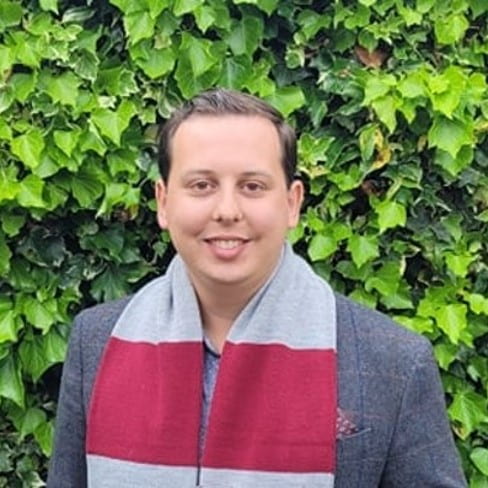
Thomas Rowson
Thomas is a History PhD candidate conducting research into the environmental impacts created in the lifecycle of the Apollo/Saturn vehicle which took men to the moon in the 1960s and 1970s. Through this, he is exploring the approaches and attitudes of NASA and their senior staff towards the enviornment, to see if and where it was considered, and whether this is symbolic of the wider environmental approaches of America at this time. The work includes consequences of design decisions, the commodity chains involved in constructing the craft, and the Apollo missions themselves. Thomas also reads more broadly around topics of 20th century history, teaches on modules such as Decolonise the Future!, and is an experienced broadcaster.
Academic Staff Members
Dr Stephen Mawdsley (History)
Dr Sam Hitchmough (History)
Dr Justin Williams (Music)
Dr Erin Forbes (English)
Dr Kate Guthrie (Music)
Dr Karen Skinazi (Liberal Arts)
Dr Saima Nasar (History)
Dr Elizabeth Robles (History of Art)
Dr Mimi Thebo (Creative Writing)
Dr Lorenzo Costaguta (History)
Dr Rowena Kennedy-Epstein (English)
Professor Tariq Modood (SPAIS)
Dr Mark Jackson (Geography)
Tricha Passes (History of Art)
Dr Sarah Jones (History)
Dr Darius Wainwright (History)
Dr José Lingna Nafafé (Modern Languages)
Dr Michael Kalisch (English)
Dr Rebecca Kosick (SML)
Craig Savage (English)
Dr Misha Ewen (History)
Dr Kirsten Harris (English)
Dr William Hamilton (History of Art)
Dr Nicole Gipson (History)
Dr Carrie Etter (Creative Writing)
Graduate Student Members
Sarah Abrahams (English)
Surangama Datta (English)
Jenny Hutton (History)
Tori Dewey-Whitcroft (History)
Ash John (English)
Vicky Coules (History of Art)
Jim Hilton (English)
Paula Read (Creative Writing)
Andi Bullard (Creative Writing)
Eloise Mattimoe (History)
Paul Hutchinson (History)
Will Comben (History)
Kaiyue Hou (English)
Thomas Rowson (History)
International Partners
Dr Kyle Mays, UCLA
Prof Vanessa Northington Gamble, The George Washington University
Dr Christopher Crenner, University of Kansas
Prof James Moran, University of Prince Edward Island
Dr Rana Hogarth, University of Illinois

